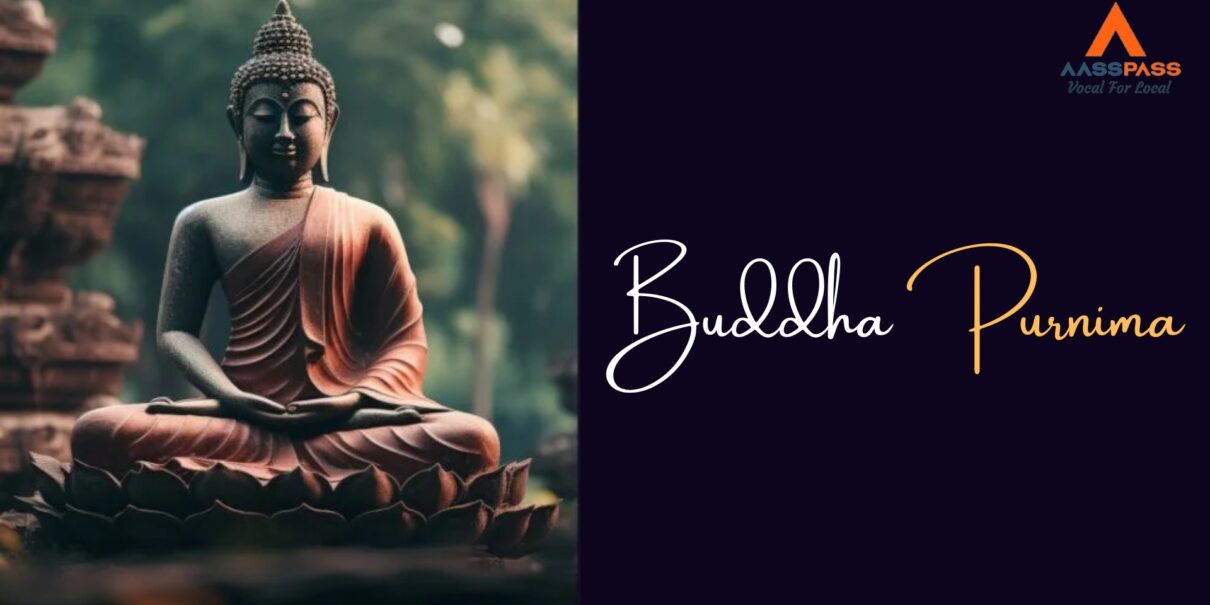Buddha Purnima is a significant festival in the Buddhist tradition, observed across South, Southeast, and East Asia. It commemorates the birth of Prince Siddhartha Gautama, who later became known as Gautama Buddha and founded Buddhism. According to Buddhist tradition and archaeological findings, Gautama Buddha was born around 563-483 BCE in Lumbini, Nepal. His mother, Queen Maya Devi, gave birth to him during a journey to her ancestral home, while his father was King Śuddhodana. The Mayadevi Temple, along with its surrounding gardens and an Ashoka Pillar dating back to 249 BCE, marks the site of Buddha’s birth in Lumbini.
The exact date of Buddha’s birthday varies depending on different lunar calendars observed in various Asian regions. While the Sri Lankan convention determines the specific year, other lunisolar calendars may assign different lunar days. Consequently, the celebration of Buddha’s birthday typically falls in April or May on the Western Gregorian calendar, with variations occurring in leap years, sometimes extending into June.
History of Buddha Purnima
Although Buddha’s followers did not officially celebrate his birthday, festivals honouring him were held for centuries. The celebration of Buddha Purnima was not formalized until modern times. In May 1950, at the first conference of the World Fellowship of Buddhists in Colombo, Sri Lanka, Buddha Purnima was officially recognized as a celebration during Vesak. The full moon day in May was chosen because Buddha attained nirvana on a full moon day.
Significance of Buddha Purnima
Buddha Purnima is an important festival as it commemorates the life of Buddha, celebrates his teachings, promotes cultural unity, and highlights the relevance of his teachings in modern times. Buddha Purnima is celebrated by Buddhists all over the world, bringing them together to celebrate a common cause. It promotes cultural unity and highlights the universality of Buddha’s teachings. Buddha Purnima is celebrated to commemorate the life of Buddha, who is considered a historical figure and whose teachings have had a significant impact on the world. It is an opportunity for Buddhists to reflect on Buddha’s teachings and their relevance in modern times. Buddha Purnima is also known as the ‘thrice-blessed festival’ as it celebrates three main events of Buddha’s life – his birth, enlightenment, and nirvana. These events are significant milestones in Buddha’s journey and represent the essence of his teachings. Buddha’s teachings on wisdom, concentration, and discipline are still relevant in modern times, and the festival provides an opportunity to reflect on these teachings and how they can be applied in our daily lives.

Leave a Reply